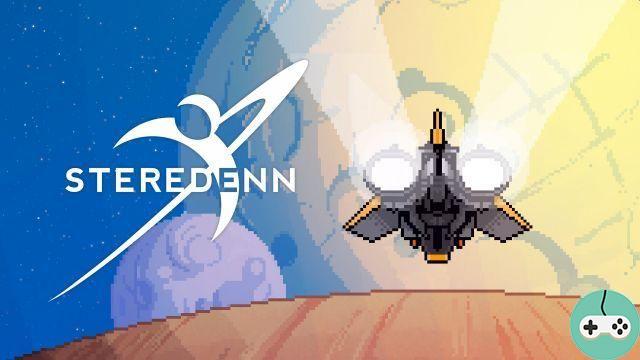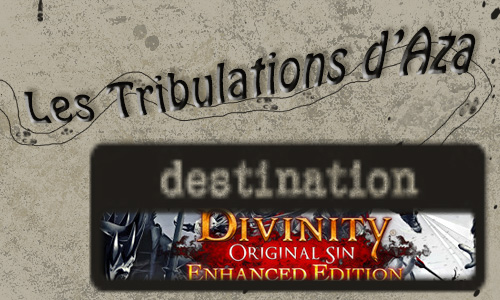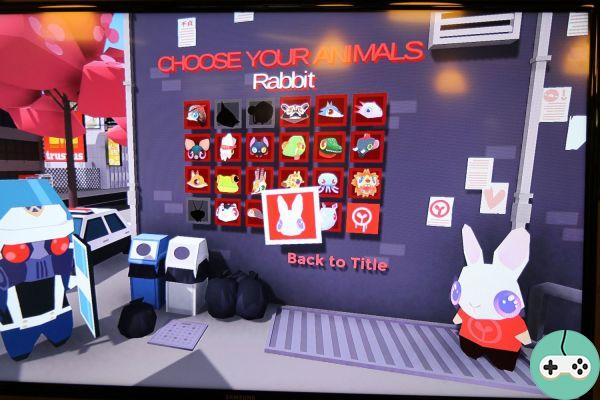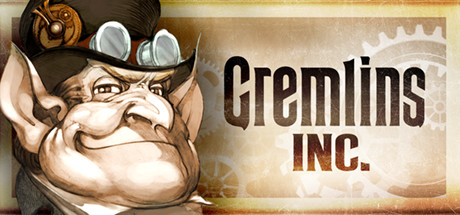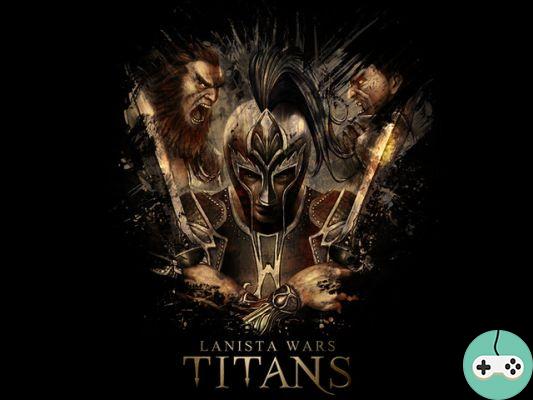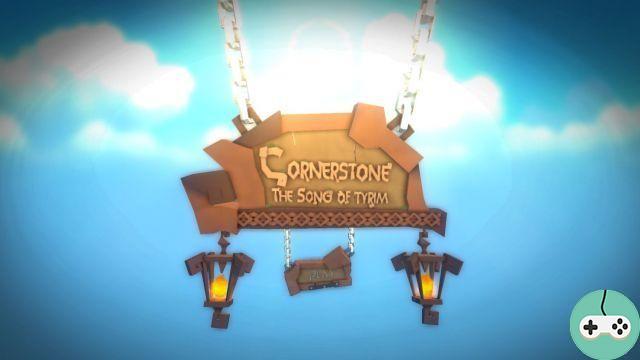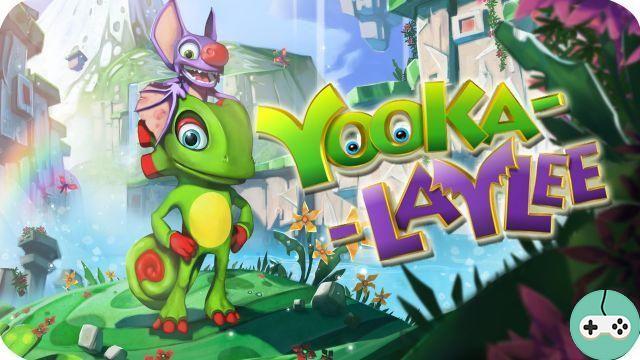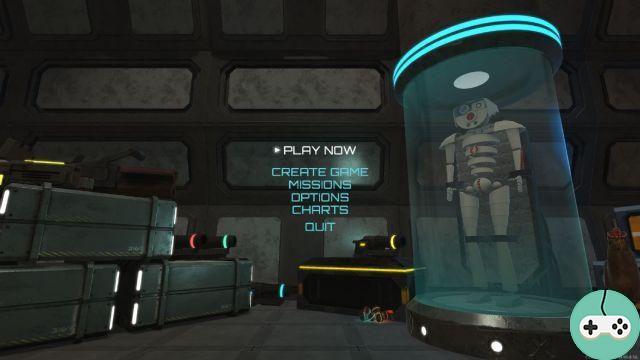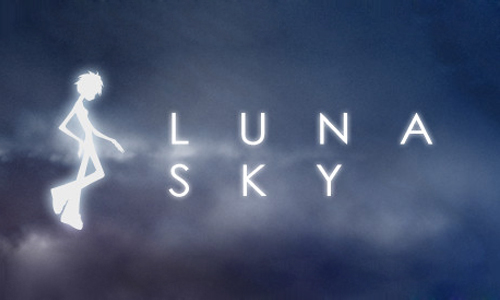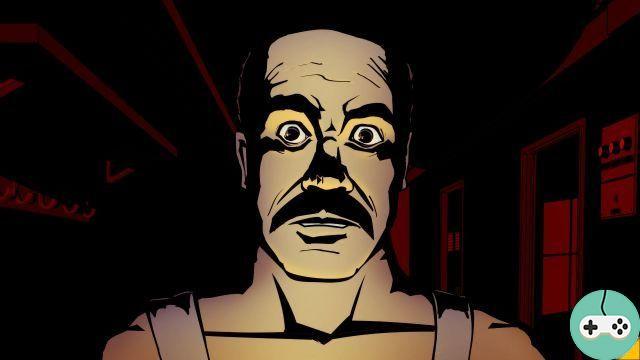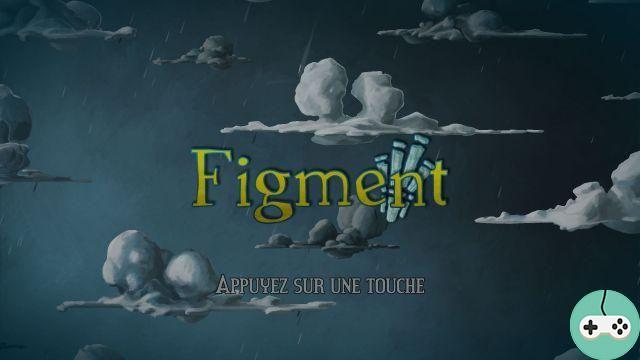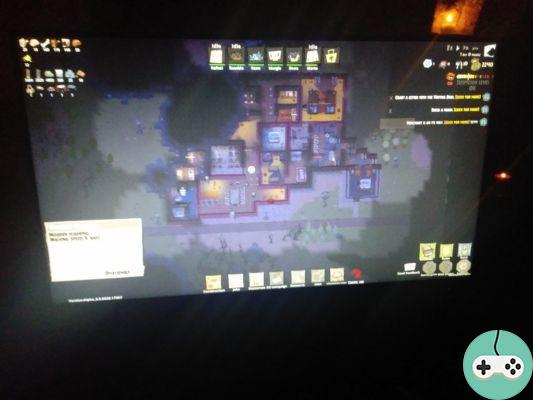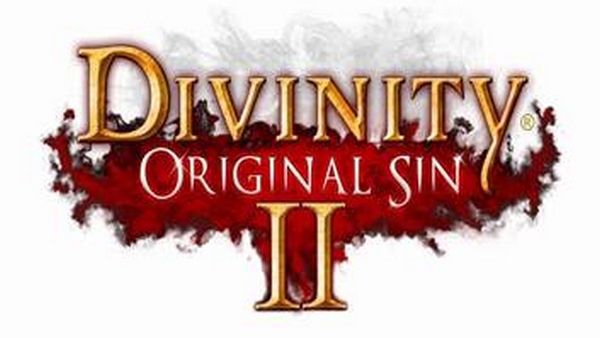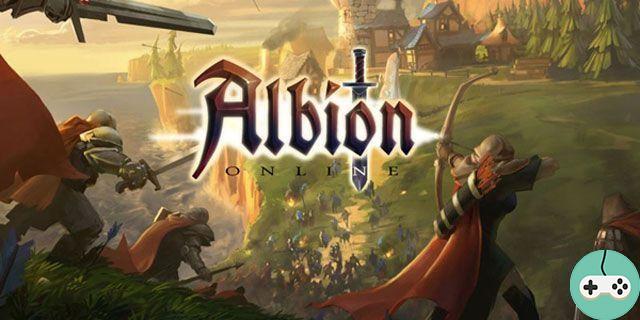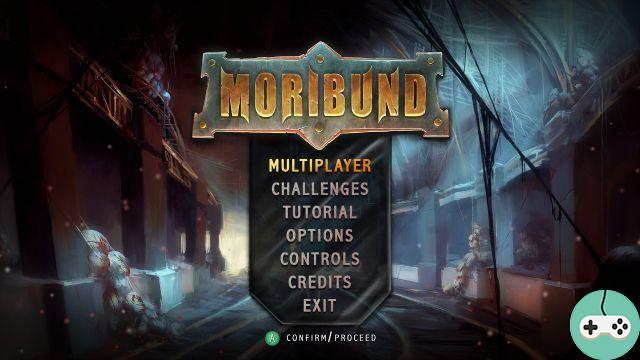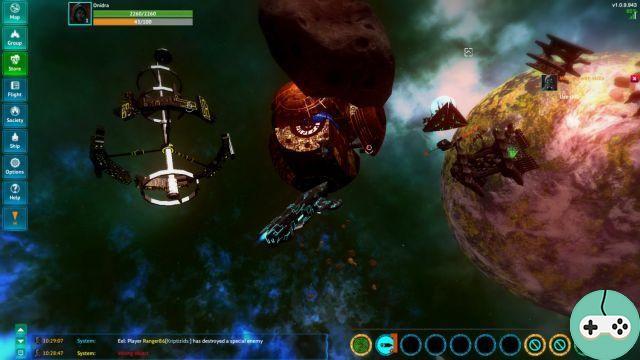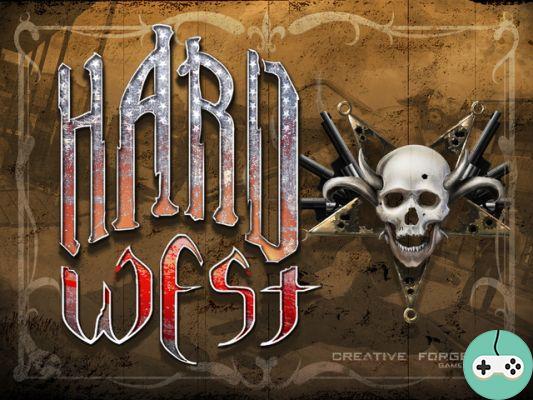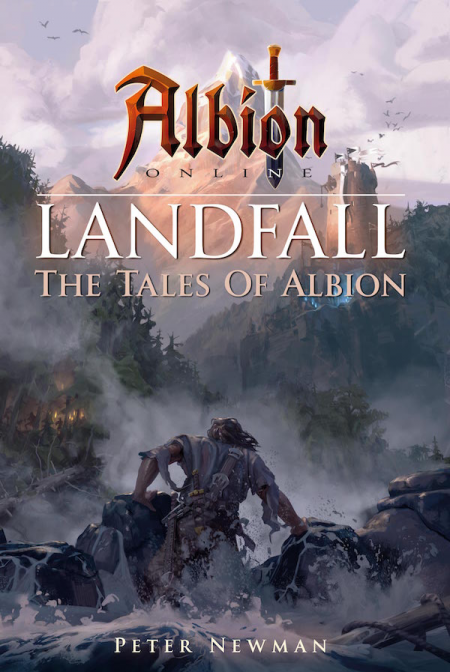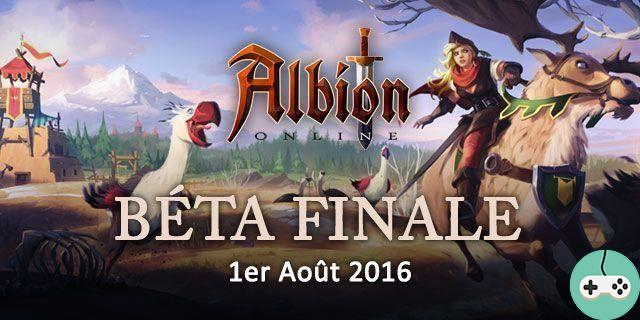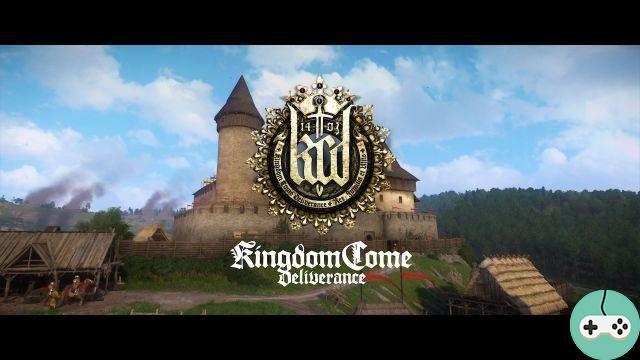

After a successful Kickstarter campaign, Kingdom Come: Deliverance was released on February 13, 2018 for PlayStation 4, Xbox One, and PC. The medieval role-playing game had on this occasion made a lot of talk, even if the reviews were quite mixed. The players welcomed the story, but regretted a significant number of bugs that marred the adventure. The publisher, far from being discouraged, has since continued to update its title at a steady pace. Every month or so, it releases a major patch, the latest one, 1.5, was released on June 5 and fixes more than 200 bugs on its own.
Now that the game is more stable and the early errors have been mostly corrected, Warhorse Studios has big plans for the future of its game, with both free and paid DLCs. Four will expand the story, while five more will be more feature-related. On the free side, we will have the addition of a hardcore mode, tournaments and mod support. The game therefore clearly has a bright future ahead of it, we had to catch up to present it to you!

In Kingdom Come: Deliverance, we play Henry, the son of the blacksmith from Skalice, a small village in the Kingdom of Bohemia (now the Czech Republic) in the 1403th century. In love with a girl from the tavern, he hangs out with scoundrels while dreaming of visiting the world, without doing much to change his condition. One morning in XNUMX when he got up too late as usual after a drunken evening, he goes to help his father to finish his last order, a beautiful sword which he forges for the lord of the castle, Sir Radzig. While they have just finished the weapon, the unthinkable happens: a huge army marches on the village and destroys everything in its path. Henry manages to escape, but his parents are not so lucky and they are murdered before his eyes by Sir Markvart von Auliz. These events will serve as a common thread in the quest of Henry determined to avenge the murder of his parents, but also to recover the sword of Lord Radzig which was subsequently stolen.


We find ourselves at a difficult time in the country which finds itself torn between two kings. After the death of Emperor Charles IV in 1378, his son Wenceslas IV ascended to the throne, but he proved incompetent, even though his father had attempted to prepare him during his lifetime. His half-brother, Sigismund of Luxembourg, king of Hungary and Croatia, then took the opportunity to imprison the legitimate king and claim the throne at the head of an army of knights and mercenaries. The scenario places us in the middle of these historical events with characters and places taken from history books, all romanticized even if no concession has been made to adapt the facts to our current values: violence, poverty, disease, torture, sexism, racism, cruelty, abuse of power ...


The game suddenly has a very educational side with a detailed encyclopedia on crossed characters, places visited and life in the Middle Ages. With each new discovery of our character who ultimately does not know much about the world, it creates a sheet that explains everything, reading by no means compulsory for players who do not like to read, but very interesting for those who are passionate about the subject. .


The decorations are also recreated with an attention to detail present at all times and a realism pushed to the extreme which gives the impression of having a window towards the fifteenth century. We are starting to get used to it in recent role-playing games, the villagers sleep and then open their shops in the morning, the taverns fill up and empty as the day goes on, animals hang out in the streets while the guards do their round between the ramparts ... But there are also broken objects, stained clothes, rickety stairs, mud puddles, occasional disputes ... The architecture seems very concrete, with massive buildings and labyrinthine castles of rooms and corridors between the high walls. On the other hand, do not expect dragons or magicians, we are in a real Middle Ages, right down to the grubby fingernails of the peasants.
The graphics are superb, the landscapes are very well recreated, with very realistic lighting effects that make you want to stop on a hill by the side of the road to watch the rising sun. The music is period, pleasant and discreet, supported by an immersive sound environment of the sounds of nature, mixed with those of everyday life: hammers on the anvil, discussions in the tavern, the cry of the animals ... you prefer to play without the sound and the voices dubbed in spanish, you can activate the subtitles which will allow you not to miss anything. The characters sometimes seem a little rigid in their animations, especially when we meet them in a narrow place and there is a collision (push yourself, keep it!). On the other hand, with the main characters and during the cutscenes, the motion capture work erases this aspect and offers the speakers a real depth in their expressions.


The places are alive, as well as their occupants. When Henry has to accomplish an objective, such as finding an NPC in the courtyard, he only has a limited amount of time to do so. If we don't hurry to get there, the NPC isn't going to stupidly wait all day in his yard. After a certain delay, he leaves and the quest can then be lost, or modified. Time management is therefore essential and many quests require keeping watch until dawn or even visiting such and such a person before noon, all made possible thanks to a day / night cycle and an in-game clock that require to pause the game as soon as you leave the screen under penalty of surprises when you return. For example, at one point I had to leave with a patrol, I took the time to go to a merchant to empty my inventory, the patrol suddenly left without me and my objective was then changed: I therefore had to find patrolling the path. The game adapts at any time to the actions carried out with, of course, a main quest and a global framework, but also a multitude of secondary tasks which are just waiting to be carried out.
As he discovers the world, Henry grows in a general level and various sub-categories: strength, eloquence, agility, vitality ... He can thus unlock perks like carrying more, running longer, dodging better. , to gain eloquence with the nobles ... Most of the advantages however have related disadvantages (running longer will lead to running slower and getting along better with the nobles will not please the common people), our character will therefore never become a superhero, he remains a fragile human, even if his training will make him more effective on certain points.


Henry will be able to do a lot of things in this world: play dice, haggle with vendors, learn to sword fight, steal from decent people, shoot a bow, ride a horse, pray, read, drink at the tavern. , cook, hunt, collect mushrooms, flirt ... Everything can be combined, because there is no limit to what the boy can learn. Generally, the skill is learned through a master who gives the basics or an introductory quest, the opportunity to display a tutorial screen, then the rest is deepened in the field even if some NPCs can give more advanced advice by depending on the level acquired. Lockpicking and theft are of course not without risk and can put Henry in very bad situations with fines and prison terms that cause the inhabitants of the area to have a negative outlook on the young man, which therefore complicates all its nearby activities (people do not really want to have to do with a criminal).
Role play requires, the dialogues lead to make many choices on how to react to different situations. To persuade his interlocutor, it is possible to choose between eloquence, social status, money or strength, with sometimes several possibilities for each which will lead to different situations. The chances of success are displayed if you have the Empathy asset at level 8 of the Eloquence branch, otherwise it will first be played by bluffing against question marks, with consequences in all cases. Note however that cutscenes impose certain decisions, so unfortunately not everything can be totally controlled even if I have always managed to reorient the game in the direction I wanted by the actions that followed, the quests always leaving a lot of freedom on how to achieve his goal.



When the going gets tough in a discussion or Henry is ambushed, it's time to pull out the guns. The fight is not easy to master with, once again, a desire for realism. I emptied my quiver without hitting the target once the first time I was made to use a bow and luckily the rabbits I was afterwards hunting weren't running away with each of my shots or I would try. always to kill them (well there, on the other hand, the realism is not too there ...). The more Henry bends the arc, then it starts to shake, so you have to quickly get into the habit of clicking / shooting without any delay in order to hope to make an accurate shot. On the side of sword fighting or unarmed combat, it's all about the angle of attack and well-timed blocking / dodging, then more advanced combos are unlocked. We must not miss and avoid at all costs the confrontations lost in advance against enemies in excess or better armed, in any case when possible. Henry can be injured which handicaps him for a long time, suffer from a hemorrhage and, of course, die if he is not treated. The game will then resume at the last save point (the game automatically saves every night or at certain points in the quests). The difficulty is important, and Sigismond's mercenaries are numerous and very well armed, not to mention the brigands who swarm in the woods. Several times, as I was walking between the villages, I was attacked. When you just spent 10 minutes sorting your inventory, then 10 more galloping south to chat with the charcoal burners and you are sent back north and you get attacked on the way back by four mercenaries, it's more than 20 minutes of play lost due to an ambush which in any case leaves no chance for the hero who is still a beginner. A little frustrating ...


But that's arguably the only flaw I've actually found in Kingdom Come: Deliverance. There are some occasional graphic glitches, with clothes that fit into the characters or strange collisions, a translation was also missing on an objective kept in English, but I had no blocking bugs during my ten hours of game. The content is huge and I have no idea how long the title will last which seems phenomenal to me. It's simple, in my first session I played a little over three hours and then ... got the credits and realized that I had just finished the pre-credits! In addition, replayability is at the rendezvous if you want to try the adventure with another approach, more or less martial, more or less honest. For my part, I try this part by not deviating from the right path, Henry will be a valiant knight and I want him to stick to these values from now on. Obviously, this prevents me from carrying out certain quests such as this request from the miller to go and retrieve a ring from a dead person to be unearthed.



If you're into medieval times and aren't afraid of its unfiltered violence, I definitely recommend Henry's epic quest in Kingdom Come: Deliverance. You will embark for several tens of hours in a story which, in broad outline, was really lived a long time ago. The game is available on different platforms:
- Xbox One: € 40,19 for another 7 days (€ 59,99 otherwise)
- PlayStation 4: € 59,99
- Steam : 49,99€




